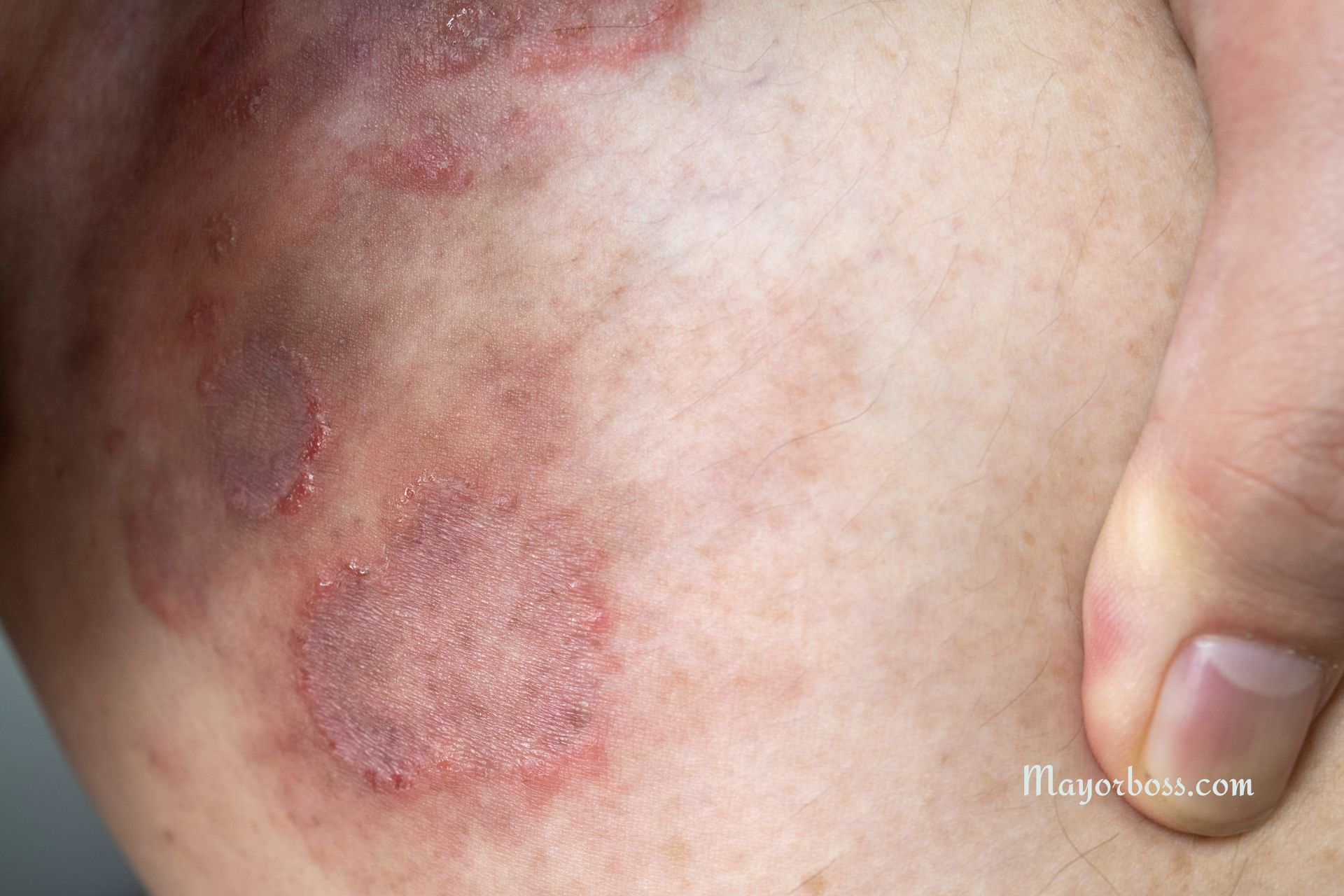Does Chlorine Kill Ringworm? Get the Facts Here
Despite the name, ringworm isn’t caused by a worm. It’s a fungal infection of the skin, scientifically known as dermatophytosis. This skin infection is common and can affect anyone, regardless of age or health status. It manifests as a ring-shaped, red, itchy rash and can appear on various parts of the body. Given its contagious nature, it’s essential to understand effective prevention and treatment methods. One popular belief is that chlorine can kill ringworms, especially in swimming pools or through direct application.
This article explores the effectiveness of chlorine against ringworm, providing a comprehensive look into how to deal with this fungal infection safely and effectively.

Ringworm and Its Causes
Ringworm, or tinea, is caused by a fungus that lives on the dead tissues of the skin, hair, and nails. This fungus thrives in moist, warm environments, making communal showers, locker rooms, and swimming pools common places for ringworms to spread. Direct contact with an infected person or animal can also transmit the fungus.
The Role of Chlorine in Killing Fungi
Chlorine is a powerful disinfectant widely used in swimming pools to maintain water quality and prevent the spread of infectious diseases. Its ability to kill bacteria and viruses is well-documented, but its effectiveness against fungi, particularly the ones that cause ringworm, is less straightforward.
How Chlorine Works
Chlorine works by breaking down the cell walls of microorganisms, ultimately leading to their death. This process, known as oxidation, is effective against a wide range of pathogens. However, the effectiveness of chlorine against fungi depends on several factors, including:
- Concentration of Chlorine: The higher the chlorine concentration, the more effective it is at killing microorganisms, including fungi.
- Contact Time: The duration the chlorine is in contact with the fungus also plays a critical role in its effectiveness.
- Environmental Conditions: Factors such as pH and temperature can influence chlorine’s disinfecting properties.
Chlorine and Ringworm Fungi
Research indicates that chlorine, at sufficient concentrations and contact times, can kill the fungus responsible for ringworm. However, the typical chlorine levels in swimming pools are designed more for bacterial control than for killing fungi. While these levels can reduce the risk of spreading ringworm, they may not completely eliminate the fungus, especially if the infected individual does not practice proper hygiene.
Prevention and Treatment of Ringworm
Relying solely on chlorine to kill ringworm is not advisable. Here are some effective prevention and treatment strategies:
Prevention
- Personal Hygiene: Maintain good personal hygiene by showering after using communal pools or locker rooms.
- Avoid Sharing Personal Items: Do not share clothing, towels, or personal care items with others.
- Wear Protective Footwear: Use flip-flops or shower shoes in communal showers and locker rooms.
Treatment
- Topical Antifungal Creams: Over-the-counter antifungal creams are effective for most ringworm infections.
- Prescription Medications: For more severe cases, a doctor may prescribe oral antifungal medications.
- Proper Care of Infected Areas: Keep the affected area clean and dry to prevent the spread of the fungus.
Frequently Asked Questions
1. Can I swim in a pool if I have ringworm?
It’s best to avoid swimming in public pools until your ringworm infection is fully treated to prevent spreading the fungus to others.
2. How long does it take for ringworm to go away with treatment?
With proper treatment, ringworm usually clears up within 2-4 weeks. However, it’s important to complete the entire course of treatment to prevent recurrence.
3. Can ringworms spread to other parts of my body?
Yes, ringworm can spread from one part of your body to another through direct contact or by touching contaminated objects or surfaces.
Summary
Chlorine, at sufficient concentrations and contact times, has the potential to kill the fungus responsible for ringworm. However, the typical chlorine levels in swimming pools are not guaranteed to be effective against this fungus. Prevention and proper treatment are crucial for managing ringworm infections. Maintaining good personal hygiene, avoiding sharing personal items, and using protective footwear in communal areas are key preventive measures. For those infected, topical antifungal creams and, in more severe cases, prescription medications are effective treatments.






